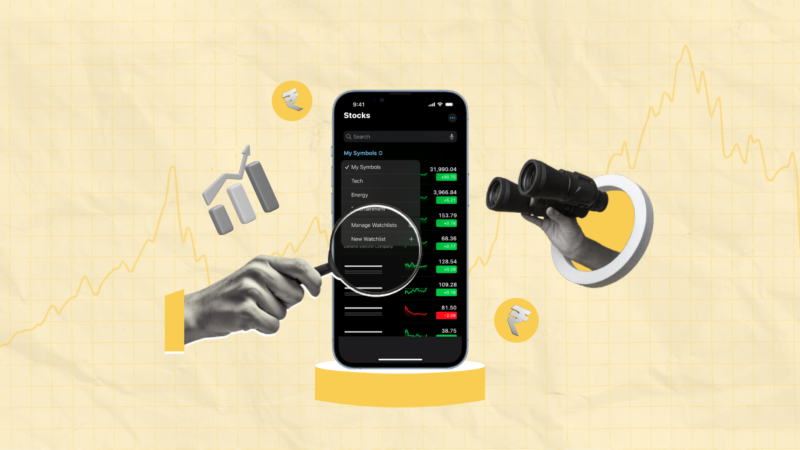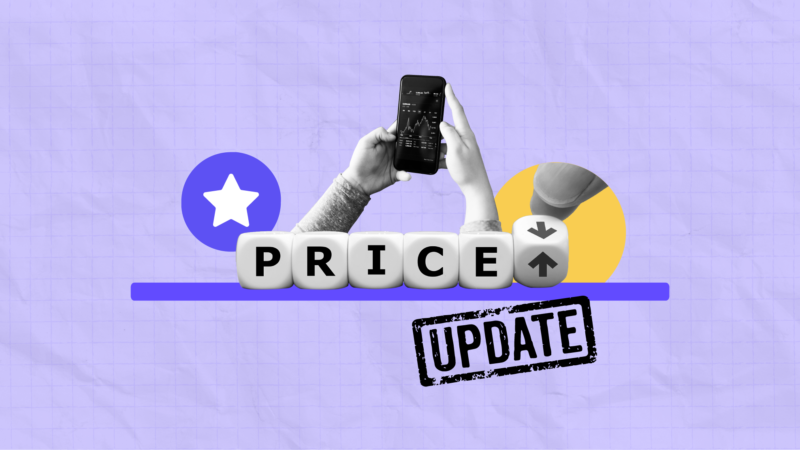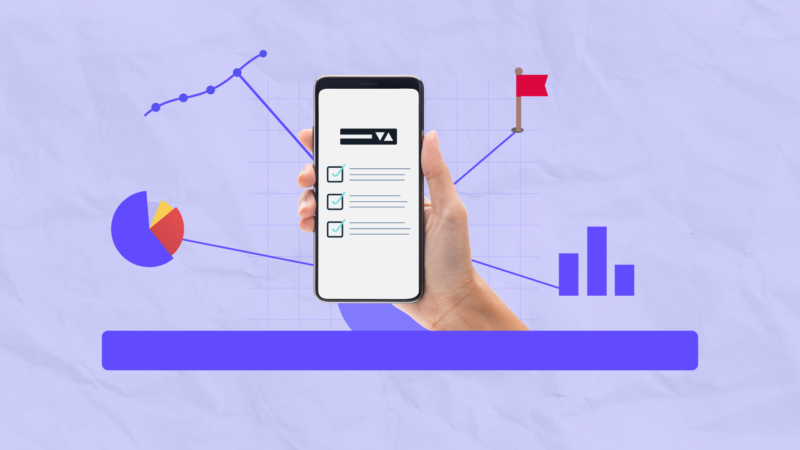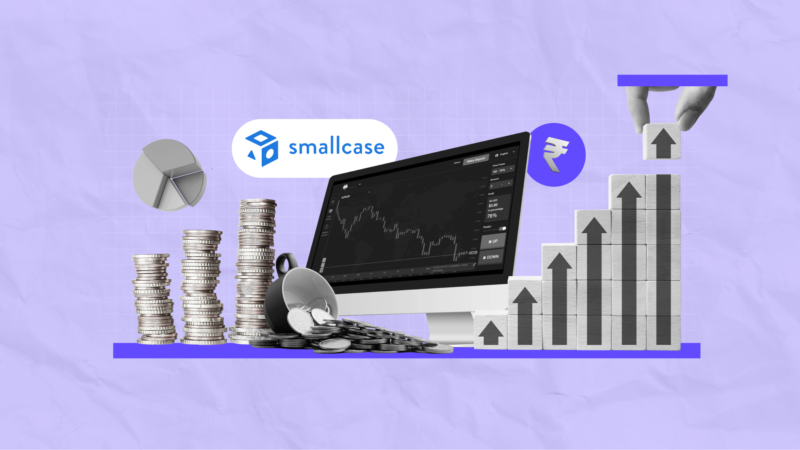Equity vs. Debt: What’s the Difference?
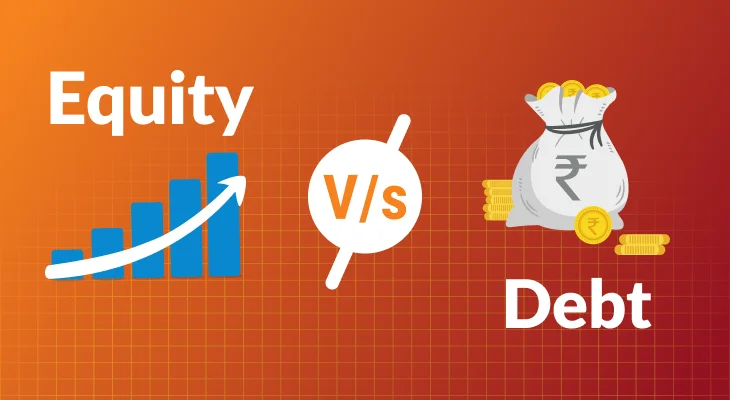
The diverse world of investments can be broadly divided into two major categories: Equity and Debt. While equity refers to self-owned capital of a company, debt is a company’s borrowed capital. As asset classes, equity and debt are different in all aspects – structure, objectives, risk and returns etc. Hence it’s important to understand the difference between equity and debt before investing your hard-earned money. In this article, we will explore the equity vs debt debate.
What is Equity?
Equity, as a direct investment asset class, allows you to buy shares of a company and, in turn, gain its ownership. Naturally, the ownership is proportional to the number of shares you own. In the case of public listed companies, these shares can be freely traded (bought or sold) using a Demat account. Furthermore, you can earn returns in the form of dividends that a company may declare based on its profits for the period. In other words, equity ownership makes you a part of the company’s actual performance. As an owner, you also bear the company’s losses.
Read More: Everything You Need to Know About Equities
What is Debt?
Debt is the amount borrowed that needs to be paid back within stipulated period with a pre-decided interest. From an investment perspective, debt instruments come with lower risk and volatility as they are usually backed by the government or large corporate entities. Since the risk is lower and the returns more assured, the gains in debt investments are usually lower than in direct equity investments. Common debt instruments include debt mutual funds, government securities, and corporate bonds.
Read More: What are Debt Funds: All about Debt Funds
Key differences between Equity and Debt
| Particulars | Equity | Debt |
|---|---|---|
| Ownership | When you buy equity shares, you become owners of a company’s common shares | When you buy debt instruments, you are giving a loan to the issuing entity. There is no exchange of ownership |
| Primary source of income | Equities provide dual source of income – capital appreciation and dividend income | The primary source of income with debt instruments is interest |
| Event of liquidation or bankruptcy | Being owners, equity shareholders have the last claim on a company’s assets. Debenture and preference share holders are given precedence | Debt shareholders are paid first in the event of liquidation, especially in case of secured debt |
| Risk involved | Equities as an asset class are riskier than debt | Since debt shareholders are paid first and principal repayment is more or less secured, the risk involved in debt is much lower compared to equities |
| Nature of Returns | Equity returns are directly dependent on the performance of the underlying company. In the event of a growth spurt, equities will generate higher returns than debt | The returns generated by debt instruments are lower than equities but they are more or less fixed. |
| Management and Tracking | Direct and active tracking required along with substantial research | Can be passive in nature with less fluctuations requiring fewer follow ups |
| Investment horizon | Equities are preferred asset class for long-term wealth creation | Debt investments are ideal for short to medium term investment horizon |
Since lucrative, equity stocks are super popular among investors, especially retail investors. However, it is important to choose a good stockbroker to ensure uninterrupted trading and investment experience. This is where m.Stock’s Zero Brokerage account can help you save thousands and lakhs as you enjoy zero brokerage across products for life at a one-time fee of ₹999. So, open an account now!
